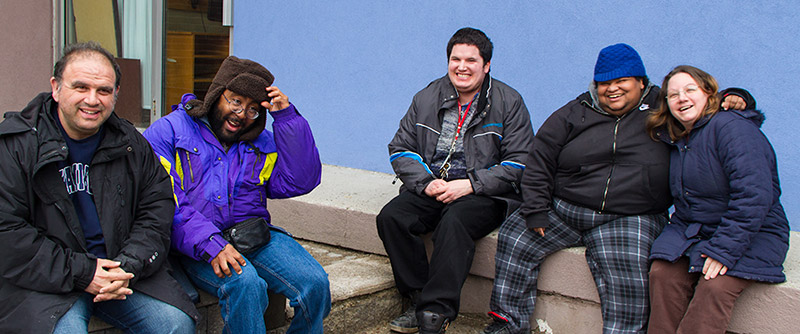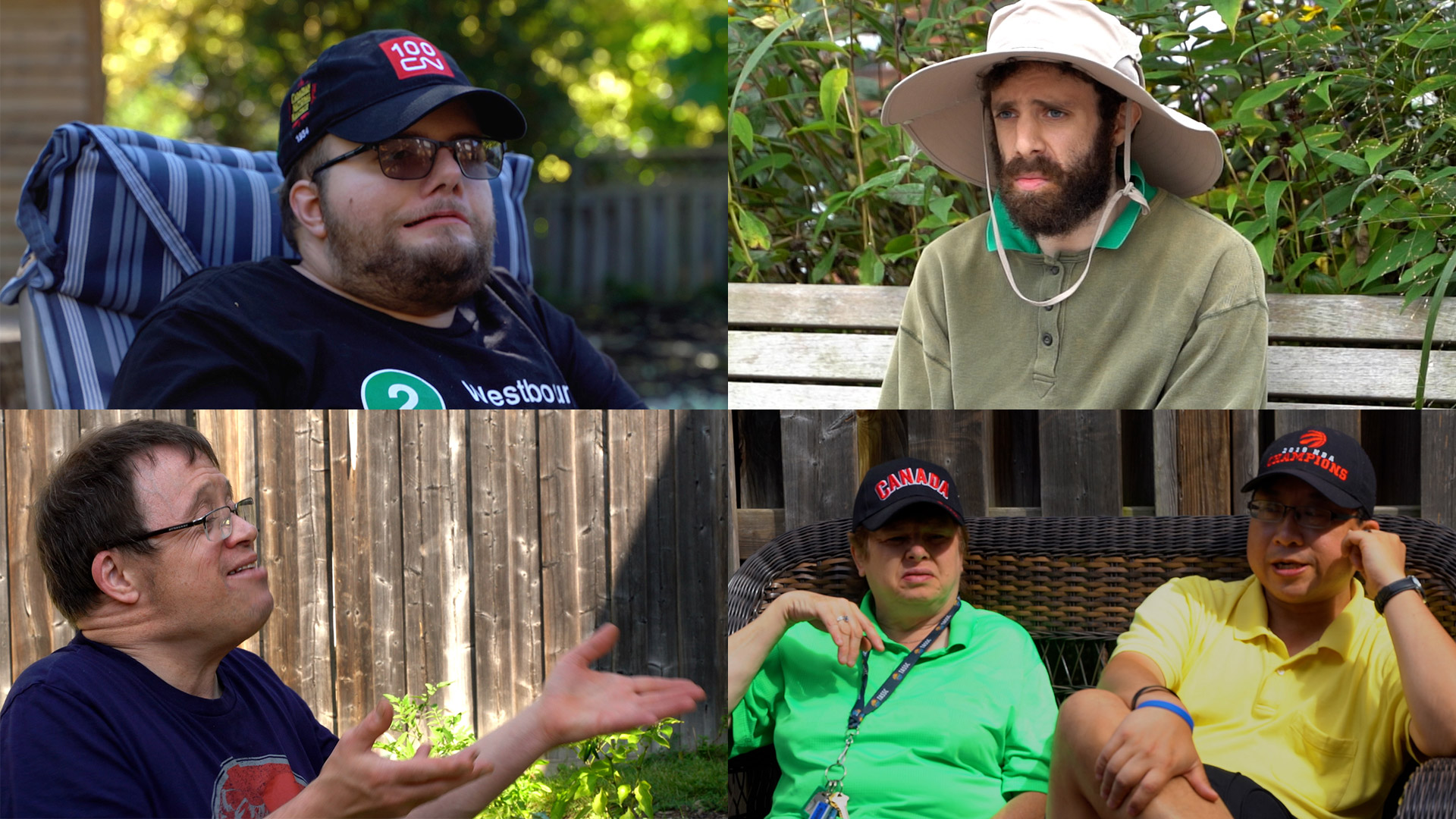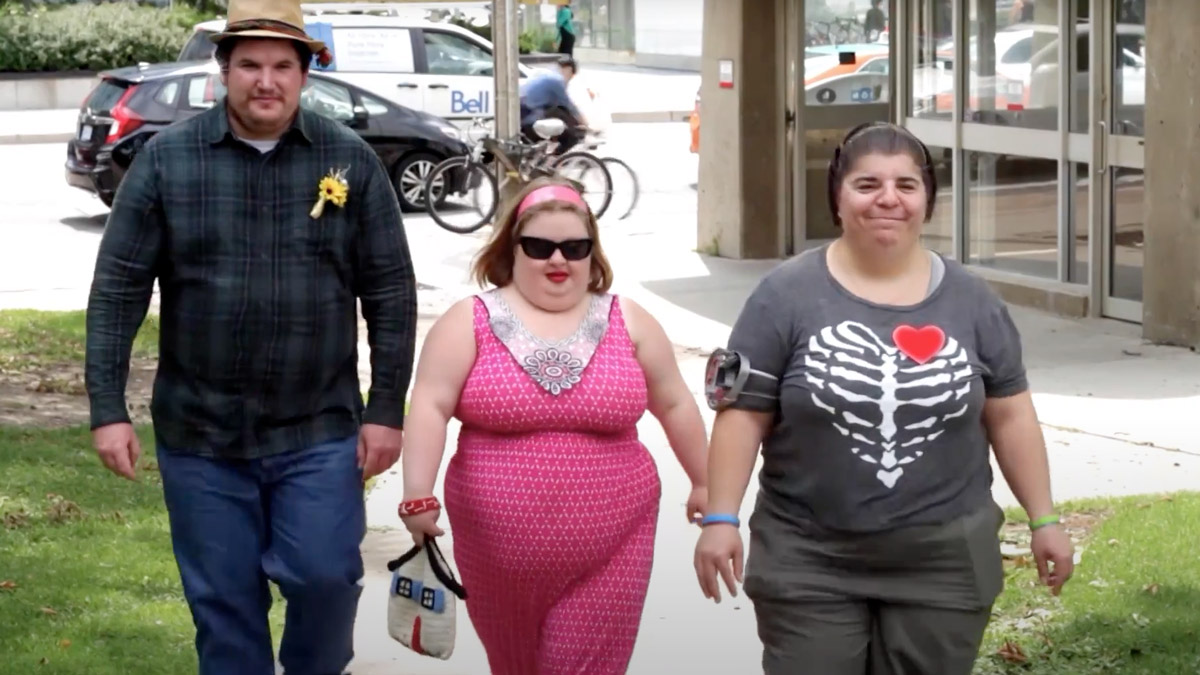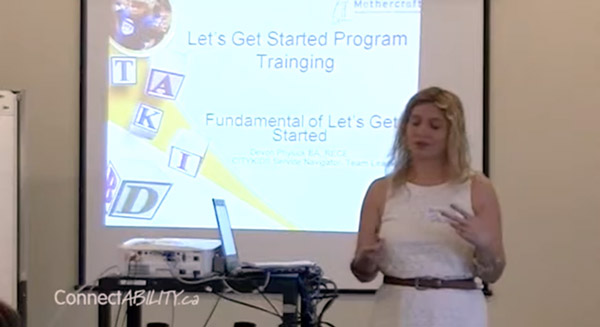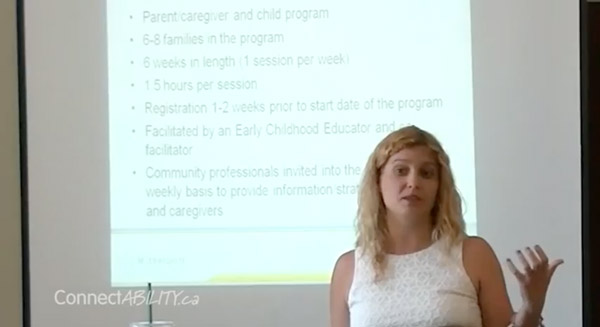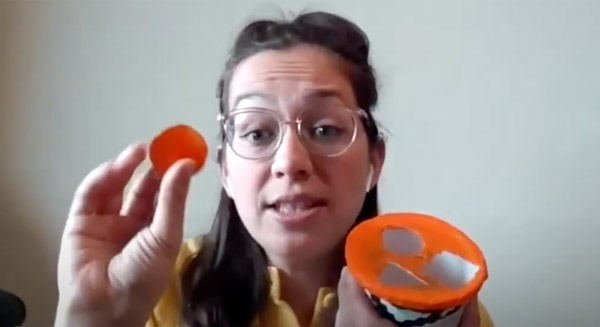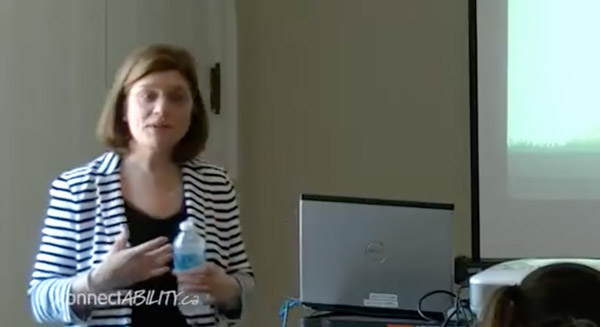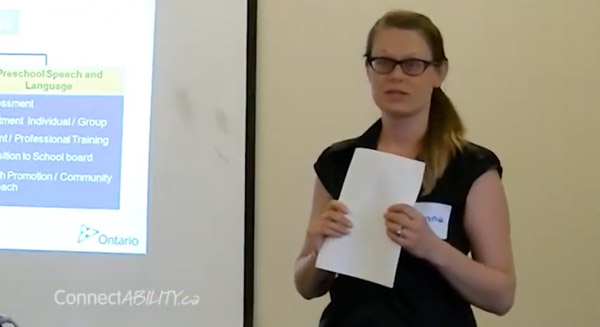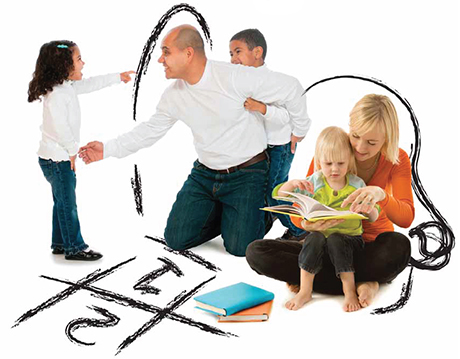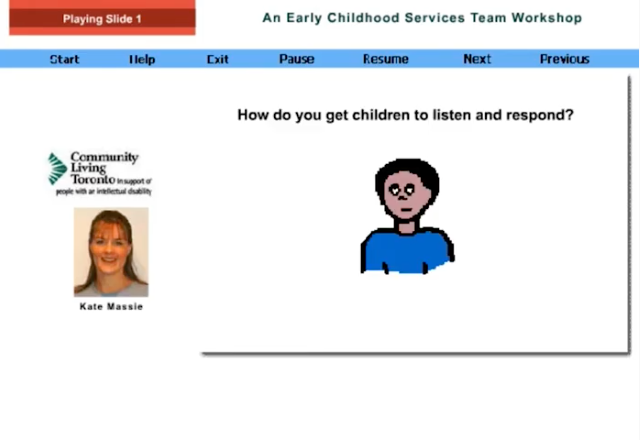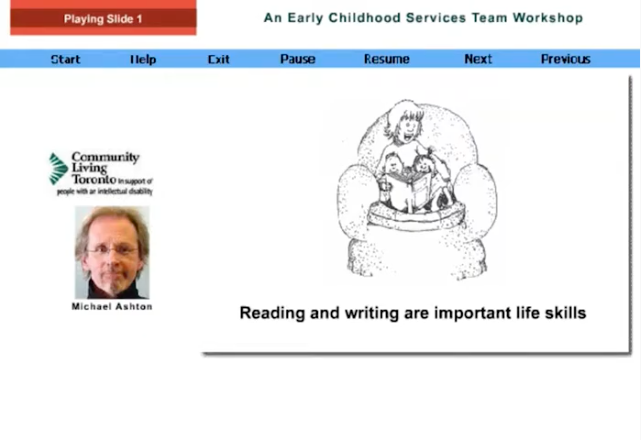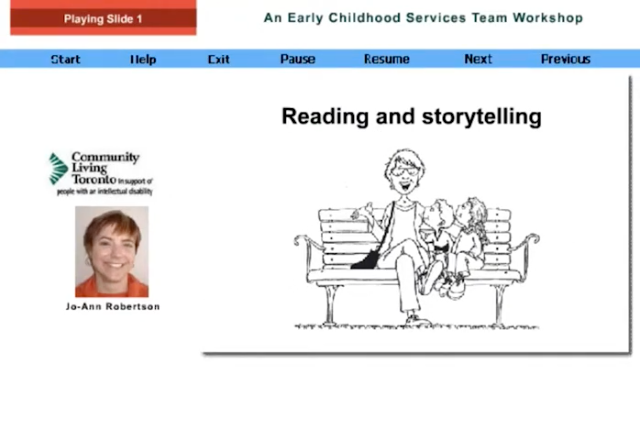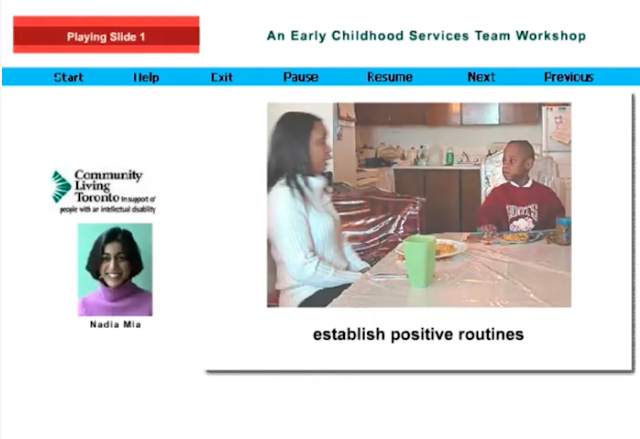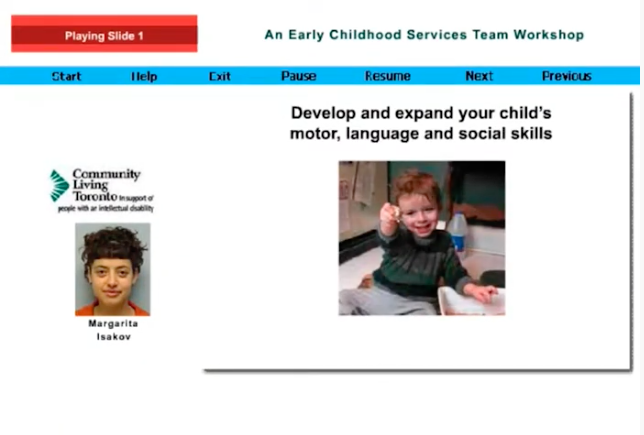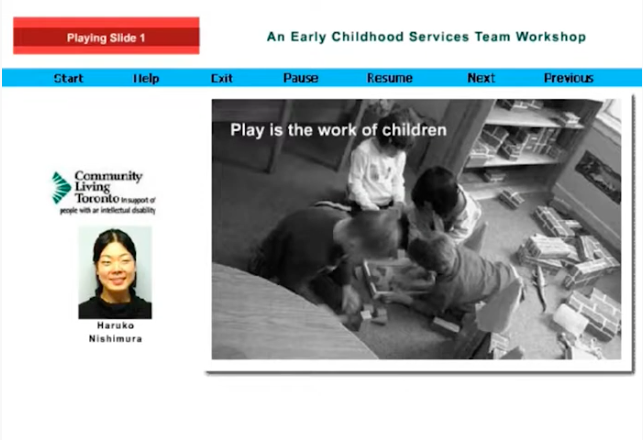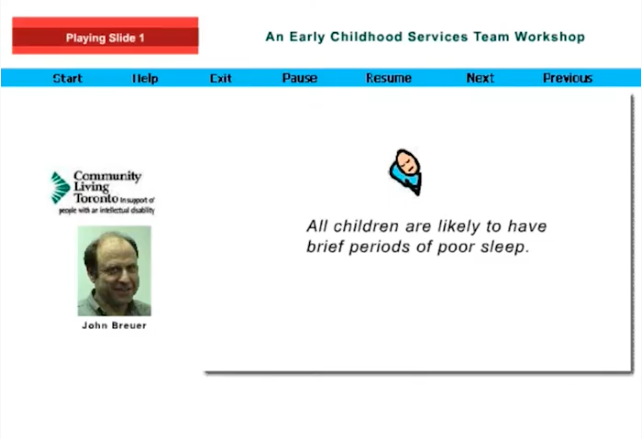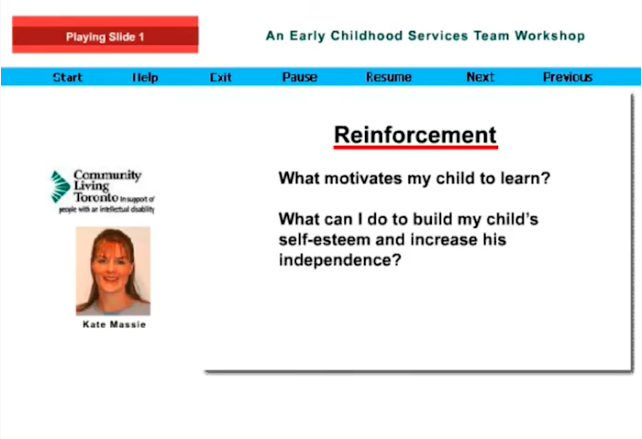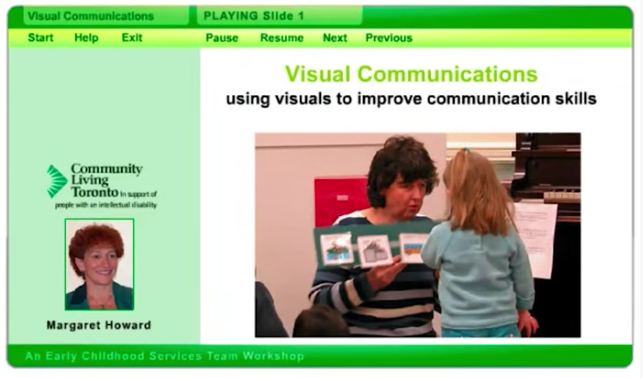This is a list of Family Support groups operating in Ontario. If you would like to be added to this list or to report any changes please contact us at support@connectability.ca
Adult Sibling Support Group
In association with: Extend-A-Family https://www.extendafamily.ca/family-support-groups
Description: An opportunity for adult siblings (ages 18 and up) to get together, share, connect, and support one another through sharing stories, information, and conversations.
Location: Virtual via Zoom, please RSVP with facilitator
Meetings: One evening a month from September – June, please contact the facilitator for the exact dates and times
Contact: Jessica Janes, jj@extendafamily.ca 647-220-9412
Chinese Speaking Family Support Group
In association with: Spirit of Life
Description: A family network supporting Cantonese and Mandarin speaking individuals with families who have a son or daughter with a developmental disability in the Chinese community in the GTA.
Location: Zoom Meeting RSVP contact to be invited
Meetings: 4th Friday of each month
Contact: 905-474-9500 info@solhc.ca
Dad’s Group
In association with: Extend-A-Family https://www.extendafamily.ca/family-support-groups
Description: A gathering for Dads who have children (of any age) with a developmental disability. This informal time is designed for people to share, be together, connect and support one another.
Location: Virtual and in-person TBA
Meetings: Last Tuesday of each month from September – June from 7:00-9:00 p.m.
Contact: Salvatore Rocchese, sr@extendafamily.ca, 416-530-0272
Dads Supporting Dads
In association with: Community Living Toronto
Description: Join the group to: Meet other fathers facing similar experiences, Share stories, tips, and support in a welcoming environment, Be part of a community that understands and uplifts each other.
Location: Virtual and in-person TBD
Meetings: TBD based on members availability
Contact: Tom Gaspar, tom.gaspar@cltoronto.ca, 437-688-1139
Danforth Parent Support Group
UPDATE: Combined with Parent Share until further notice
In association with: Woodgreen Community Services
Description: Get people together to talk about what their kids are doing when school ends.
Location: Woodgreen Community Centre – 815 Danforth (map)
Meetings: once a month from January – June
Contact: Bonnie Heath, bheath@woodgreen.org, 416-645-6000 ext. 1311
DANI (developing and nurturing independence)
UPDATE: Meetings have been postponed until further notice.
Description: Offers parent information sessions on various topics; housing / transition/ employment/ financial planning / medical updates
Location: 501 Clark Ave West, Thornhill, Ontario, L4J 4E5,
Meetings: held once every three months, typically on a Monday evening @ 7:30 pm
Contact: Susie Sokol
Contact: ssokol@dani-toronto.com or call 905-889-3264 ext. 226
Downtown Family Support Group
In association with: Gifted People Services and Community Matters Toronto
Description: Parent Support Group for parents of teens and adults with developmental disability. Includes speakers, discuss issues of concern to the group members.
Location: Online through Zoom, must RSVP
Meetings: 2nd Saturday every month from 1pm to 4pm
Contact: Dianna Jiang, info@giftedpeople.ca, 647-886-9062
Evening Parent Group
In association with: Extend-A-Family https://www.extendafamily.ca/family-support-groups
Description: A gathering of parents and guardians of children with disabilities. Our time together is an opportunity to connect with others, share resources and gain perspectives.
When: Second Thursday of each month, evenings 7:00-8:30 p.m.
Where: Virtual via Zoom, please RSVP
Contact: Antonia Heer, ah@extendafamily.ca, 647-292-5144
Everyday Families
In Association with: Miles Nadel JCC
Description: A monthly peer support program forparents and caregivers of youth andyoung adults with intellectual/developmental disabilities to shareand access educational and advocacyresources from peers and expert guestspeakers from the community.
When: Monthly on Thursdays: Sept 14, Oct 12, Nov 9, Dec 7, 7pm – 9pm
Contact: everydayfamilies@mnjcc.org
Family Link
In association with: Community Living Toronto (formerly Pilot Parents)
Description: Bringing families together to offer friendship and a network of support who all share the unique challenges and experiences of parenting a child with a disability
Location: On-line at Connected Families, and various locations and times (See Family Link Toronto for more details)
Meetings: Various locations and times
Contact: Sarah Winter swinter@cltoronto.ca 647-968-6214
More Information: Flyer
Families Connect Group
In association with: CAMH
Description: The parent support group provides a safe space for families and caregivers to connect around shared experiences and decrease the isolation and stigma associated with caring for a loved one with an intellectual disability and Autism Spectrum Disorder. Topics include managing stress with self-care, recognizing and addressing burnout, system navigation and connection with supportive resources. There will be an opportunity for an individual session with an Adult Neurodevelopmental Social Worker.
Location: Online
Meetings: Wednesdays – October 1 – November 8, 2023
Contact: Atif.Khan@camh.ca and rhea.olocoloc@camh.ca
More Information: Flyer
FASD Family Support Group
UPDATE: Postponed until further notice
In association with: FASworld Canada
Description: Mutual support for families who have a son or daughter (often adopted) with Fetal Alcohol Spectrum Disorder (FASD). We work with families with children of all ages but most families reach out for help when the children are teens and acting out behaviour starts.
Location: Hospital for Sick Children (map)
Meetings: 9 x /year from Sept-June 3rd Sat of each month from 10-12
Contact: Bryan Philcox 416-264-8000 or Michelle Todorow 416-995-3689 drmtodorow@gmail.com
Group for parents of Children with Autism
In association with: Autism Ontario
Description: Looking for a way to connect with other families? Join Autism Ontario Service Navigators and other family members in an online support group forum. Our Service Navigators will facilitate theme-based, guided conversation on timely topics. This is a great way to connect with other families and brainstorm ideas on different supports and services in your area.
Location: Visit https://www.autismontario.com/events to find a variety of virtual events offered.
Meetings: Dates and times vary, check website to confirm and RSVP
Contact: Karie Evelyn, karie@autismontario.com, 416-246-9592 ext.340
Hand Over Hand: Parent Support Group
UPDATE: Postponed until further notice
Description: The Hand Over Hand Parent Support Group aims to create a community of parents, welcome new parents, and establish a support circle for those who have children with a developmental disability. Regularly, we provide a venue to discuss and share resources with other parents on a multitude of topics. We also provide events which are fun and relaxing for parents to have a break and do something that is out of the ordinary routine! Hand Over Hand is proudly able to provide free child care service for Social Group members (15-30 years old) while Parent Support Group meetings take place.
Location: York Region (exact location varies from month to month depending on activity)
Meetings: Monthly, weekend afternoons, typically between 2-4pm
Contact: Yuen Ngo, parents@handoverhand.ca
Inclusive Education Parent Network
In association with: Extend-A-Family https://www.extendafamily.ca/family-support-groups
Description: A space for families who desire and are striving for inclusion in regular education classroom settings for their child with a disability. Providing opportunities to learn, listen and share strategies; broaden our knowledge and understanding of inclusive education, and hear first hand stories of resilience and success. Relevant topics of mutual interest will be explored.
Location: Virtual via Zoom, please RSVP with the facilitator
Meetings: First Tuesday of the month September – June, 6:30 – 8:00 p.m. (subject to change)
Contact: Kim Southern-Paulsen, ksp@extendafamily.ca, 416-757-2780 | Marlene Solano, ms@extendafamily.ca, 416-824-4252
“It takes a Village” Black Parent Support Group
Description: A group for Black caregivers of children or adults with intellectual or developmental disabilities
Location: via ZOOM through your phone; tablet; laptop; or other online device.
Meetings: Monthly every 2nd & 4th Tuesday of the month
Contact: Clovis or Sherron Grant, BPSGroup2020@gmail.com
Life with Loss
In association with: Montage Support Services
Description: A group comprised of adult family members who have lost a loved one, someone close to them. We come together in a non-judgmental forum to walk with you on your healing journey.
Location: Online through Zoom
Meetings: Every Tuesday from 7:30pm to 8:30pm
Contact: Linda Walters, lindagerwalters@sympatico.ca, 416-716-8343
North York Parent Group for Chinese Speaking Families
In association with: Gifted People Services
Description: Parent Support Group for parents of teens and adults with a developmental disability. Includes speakers, discuss issues of concern to the group members.
Location: Online through Zoom
Meetings: 3rd Friday every month from 7pm to 8pm
Contact: Sara Zhang, program@giftedpeople.ca, 647-978-8416
Online Webinars
In association with: Partners for Planning
Description: Each month Partners for Planning hosts online webcasts on a variety of topics for families. Throughout the webcasts, families can connect and have conversations through the chat and some webcasts will host a forum chat after the webcasts with the opportunity to engage with the presenters and other families.
Location: online ( www.partnersforplanning.ca )
Contact: Natalie Jones, njones@p4p.ca, 416-232-9444. Check out www.partnersforplanning.ca
Ontario Wide Virtual Support Group for Mom’s
In Association with: Community Living Toronto, Montage Support Services and The Relationship Group.
Description: A virtual support group for Moms who have a child with an intellectual disability and/or Autism of any age to come together to share, strategize and support one another. The group is open to everyone regardless of where they reside in the province of Ontario.
Location: ZOOM Meeting, link will be sent once RSVP has been received.
Meetings: Mondays 7:30pm-9:30pm September 19 – December 12, 2022, OR Thursdays 1:00pm-3:00pm September 22 – December 15, 2022.
Contact: Linda: lindagerwalters@sympatico.ca or Tracey: toregan@cltoronto.ca for more information.
Parent and Caregiver Support Group
UPDATE: Postponed until further notice
In association with: Asperger Society Ontario (ASO)
Description: Provides a forum for learning, support, and the exchange of information for parents, family members and caregivers of children with Asperger Syndrome. No fees
Location: Toronto City Hall – Committee Room #4 (100 Queen Street West, Toronto, ON)
Meetings: Monthly – last Monday of each month from 6:30 – 8:00 p.m.
Contact: info@aspergers.ca
Parent’s Advocacy in the School
www.parentsadvocacy.com
Description: A support group for parents and caregivers to help them advocate for the programs and services their children with exceptionalities require. Information, resources and parent training is available via PAS. A new initiative is the creation of PAAT- The Parents Advocacy Association of Toronto & GTA – Where Parents of Children With Special Needs Unite.
Contact: Dr. Norm Forman
416-429-8511 or PAAT 647-794-6679 – email: support@parentsadvocacy.com
Parent Link
UPDATE: Postponed until further notice
In association with: Youthlink
Description: Provide parent peer support, education and information exchange related to the developmental sector.
Location: 747 Warden Avenue (map)
Meetings: Second Thursday of each month from Oct to June from 7:00 – 9:00 p.m.
Contact: Roger Smith, Roger.smith@youthlink.ca & Blair Coombs, blair.coombs@youthlink.ca or 416.967.1773
Parent Share
UPDATE: Combined with Danforth Parent Support Group until further notice
In association with: Community Living Toronto & Parent Outreach Program
Description: A get-together for parents of children (of any age) who have a developmental disability. This informal time is designed for parents to share, be together and connect with each other.
Location: Zoom
Meetings: every second Thursday morning from September –June from 9:30-12:00
Contact: Janet Dunne, jdunne@cltoronto.ca, 647-729-1699, Bonnie Heath, bheath@woodgreen.org, 416 645 6000 x1311.
Parent Support Network
In association with: Holland Bloorview Kids Rehabilitation Hospital
Description: Parent Support Network (PSN) is a monthly support and discussion event for families. PSN is co-facilitated by a Holland Bloorview Family Support Specialist and a Family Leader. Aims to create a space where families can share experiences, information, challenges and successes. At times we have guest speakers who present on various topics and join the discussion.
Location: Online through Zoom, must register in advance
Meetings: 1st Wednesday of every month, alternating between day and evening times
Contact: resourcecentre@hollandbloorview.ca
Safe & Secure Futures Networks
In association with: Extend-A-Family https://www.extendafamily.ca/safe-secure-futures-networks/
Description: Aims to empower families to develop and nurture a support circle with their family member who has a disability. Offer opportunities to share and learn from each other. A variety of topics of mutual interest are explored through guided discussions with a facilitator.
Location: Virtual via Zoom
Meetings: Third Tuesday of the month from 7:00-8:30 , subject to change depending on availability
Toronto East Contact: Kristen Carhart, ssfne@extendafamily.ca, 647-292-5175
Toronto West Contact: Nusrat Motala, ssfnw@extendafamily.ca, 437-335-2180
Sawubona Africentric Circle of Support (formerly Black Parent Support Group)
In association with: Community Living Toronto
Description: A group for Black caregivers of children or adults with intellectual or developmental disabilities.
Location: via ZOOM through your phone; tablet; laptop; or other online device
Meetings: Monthly every 2nd & 4th Tuesday of the month
Contact: Sherron Grant, or Clovis, bpsgroup2020@gmail.com
Facebook: BPSG: Black Parents of Children and Adults with a Disability Support Group
Flyer: Meeting Dates 2021-2022
Scarborough Residential Alternatives
Description: This is a group of parents looking at various alternatives to independent living – funding, affordability, roommates, support, etc. While the meetings are mostly about housing and supports, a decent life is also discussed and lots of questions and figuring out goes on.
Location: Zoom meeting https://zoom.us/j/92833780448?pwd=TXlQcE5CUEV5a2J2VlVqZi9hOTAxUT09
Meetings: First Tuesday of each month in person from September -June, but a lot of the information and ideas are shared through email.
Contact: Bonnie Heath, heath_bonnie@hotmail.com, 416-550-0177
Toronto Family Network
Description: A regional family network affiliated with Family Alliance Ontario that provides support and information to families regarding how to navigate the educational system and other sectors involving children (of all ages) with additional needs. Families who seek out the Toronto Family Network are provided assistance mainly via e-mail or telephone. When possible, Toronto Family Network volunteers have accompanied parents to IPRC meetings, IEP meetings, etc. Families can also receive support when the Toronto Family Network is invited to speak at conferences and provides workshops to small groups of families.
Contact: Janis Jaffe White or Reva Schafer 416-484-1536, torontofamilynetwork@gmail.com
West Parents’ Support Group
In association with: Extend-A-Family http://extendafamily.ca/our-services/family-support-groups/
Description: A gathering for Parents/Guardians, who have children of any age who have a disability. This informal time is designed for Parents/Guardians to share, be together, connect and support one another. Sessions run once a month on Thursday evenings
Location: Virtual
Meetings: Sessions run once a month on Thursday evenings
Time: 7:00 – 8:30pm
RSVP: Marissa Wolicki (Family Coordinator) mw@extendafamily.ca 647-292-5357
Young Caregiver Online Support Group
Description: Are you a caregiver between the ages of 15-25? We’re here to help.
Location: Virtual
Meetings: Wednesday evenings
Time: 7:30pm
RSVP: Register online
